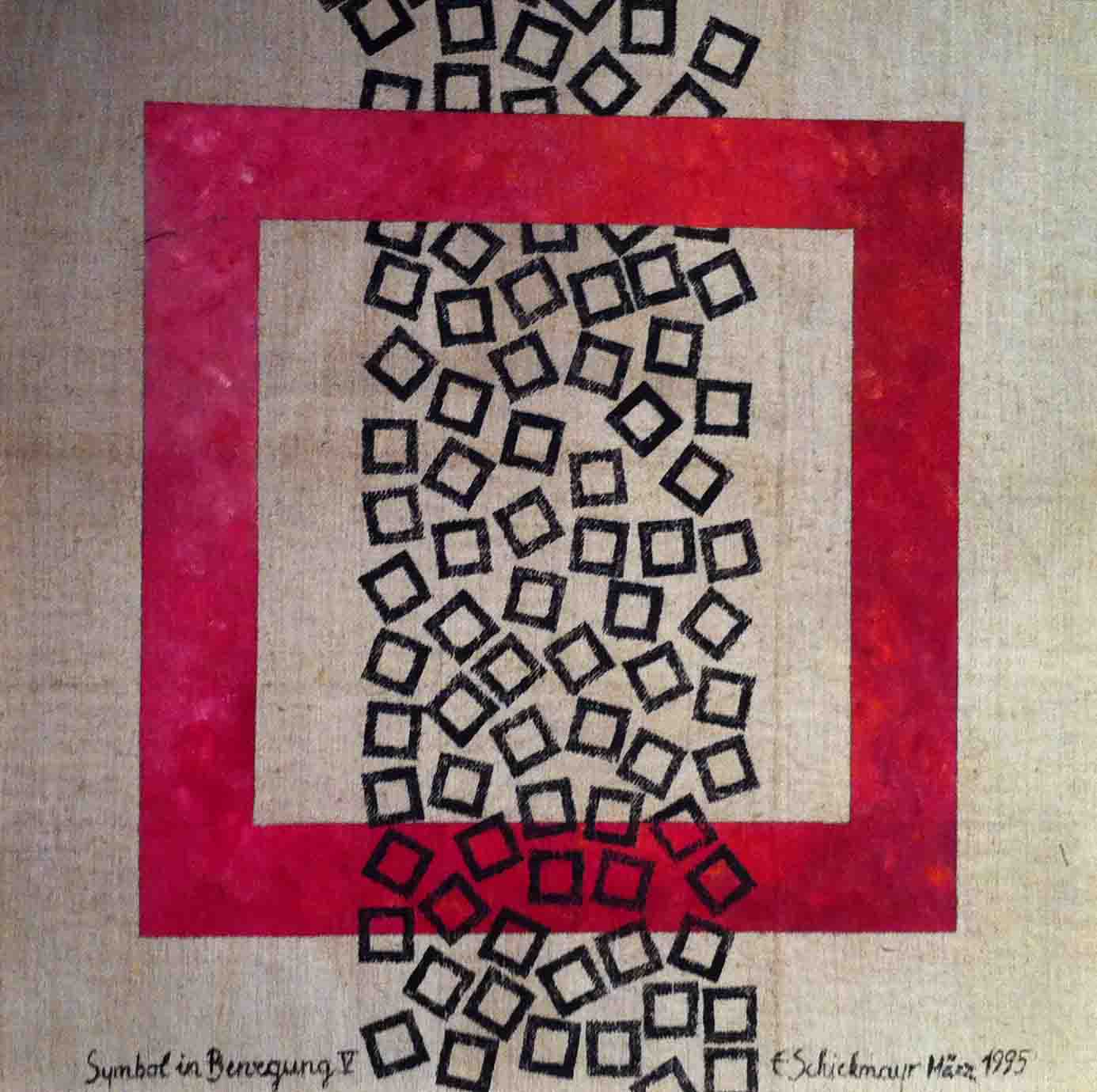
|
|
|
Thoughts on Brotherliness |
|
|
All life is connected to nature and deeply interdependent;
this principle is even more important for human beings. Children who grew up
with wild animals, for example the boy from Aveyron (30) , or Kaspar Hauser, who
grew up in total isolation, show that living without human contact for a long
time during childhood prevents normal development of many abilities. Social
integration is a prerequisite for a person's development and well-being. (31) Where such social integration is missing and
a person is not accepted in a partnership, neurosis and psychosis develop.
Extensive investigations have shown that lack of integration can lead to
suicide (32) or murder. Helen Keller became deaf and blind at the age of 19 months;
thanks to overwhelming support in her environment her intellect and language
developed to such a degree that she became an exceptionally talented writer.
But children living isolated from human contact can hardly develop intellect
even without physical impairments. (33) In addition to the family, which is necessary especially
during childhood, the type of community that enables social integration is
decisive: Religions, nations, all types of societies, political organizations,
economic partnerships or solidarity of interests serve this purpose. In former
times it was the tribe partnership, the clan. Heraldic signs or totems were the
sacred symbols of this identity. Where people find themselves in their self-determination
they feel connected. Where their life is determined by others, problems and
differences arise. Every person gathers experiences and obtains knowledge. In a
constructive social coexistence you can refine yourself jointly with the others
and help each other obtain knowledge contributing to personal fulfillment.
Trust, candor, honesty, and also a well-developed dialog culture, in which you
can participate openly and without censorship, without humiliating others or
being humiliated by others, are indispensable. (34) Due to our limitations heteronomy cannot be totally
prevented, even if you work permanently to reduce it. There will probably
always be prejudices, errors, false doctrines, manipulation and neurosis in our
human lives. Therefore there will always be areas in which we cannot find
ourselves. Only love can help us overcome that. A life without love is not a
happy life. (35) Thus it is about time that we become aware of our
brotherliness both on the large and small scale. It is the only way for us to
develop and realize our full potential. If we accept the fact that our fellow
human beings constitute our own life, there will be more understanding and less
guilt assignment. Therefore the challenge of our time is to form a society in which world unity is acknowledged and social coexistence is shaped according to global humanistic principles. Such a view does not leave room for dogmas, i.e. ideology- or universalism-based theorems from religions, traditional moral concepts, non-verifiable principles or philosophical constructs that are not accessible to criticism; nor is there room for a relativism that has nothing to offer in response to anti-humanistic ideologies. (36) |
|
|
|
© 2015 by R. Pirnbacher • pirni@aon.at
